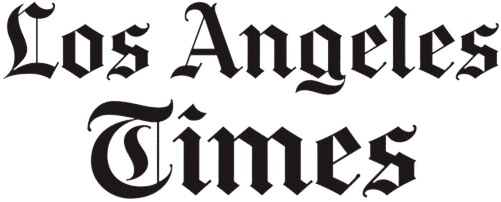Safeguarding Individuals Involved
Retaliation is a serious concern in Title IX cases, as individuals who report misconduct or cooperate in investigations may face adverse actions as a means of punishment or retribution. Recognizing the importance of protecting whistleblowers and ensuring their safety, Title IX provides legal safeguards against retaliation. This page delves into the issue of retaliation in Title IX cases, highlighting the legal protections in place and the significance of having a knowledgeable Title IX defense lawyer to navigate these complexities effectively.
Understanding Retaliation in Title IX Cases:
- Definition of Retaliation: Retaliation refers to adverse actions taken against an individual who reports misconduct, participates in investigations, or supports others involved in Title IX cases. These actions can include threats, harassment, demotion, exclusion, or any other form of harm that aims to discourage or punish the reporting party.
- Impact of Retaliation: Retaliation not only undermines the integrity of the Title IX process but also creates a chilling effect, deterring individuals from coming forward to report misconduct. It can perpetuate a culture of silence and hinder the pursuit of justice and accountability.
Legal Protections Against Retaliation:
- Title IX Prohibitions: Title IX explicitly prohibits retaliation against individuals who exercise their rights under the law. This protection extends to those who report misconduct, participate in investigations, or provide information in support of a Title IX case.
- Whistleblower Laws: In addition to Title IX, various federal and state laws offer whistleblower protections. These laws safeguard individuals who report violations of the law or misconduct from retaliatory actions by employers or educational institutions.
- Protected Activities: The legal protections against retaliation cover a broad range of activities, including reporting sexual misconduct, participating in investigations, providing testimony, and supporting other individuals involved in Title IX cases.
Importance of Whistleblower Protections:
- Encouraging Reporting: Whistleblower protections are crucial for fostering a safe environment where individuals feel empowered to report sexual misconduct and other violations. By shielding whistleblowers from retaliation, the law promotes accountability and helps uncover the truth.
- Promoting Transparency: Protecting whistleblowers enhances transparency in Title IX cases by ensuring that information and evidence can be shared without fear of reprisal. This facilitates thorough investigations and strengthens the integrity of the process.
- Upholding Ethical Standards: Whistleblower protections align with the principles of fairness, justice, and ethical conduct. They send a clear message that retaliation will not be tolerated, promoting a culture of accountability and responsibility within educational institutions.
Navigating Retaliation Concerns with a Title IX Defense Lawyer:
- Knowledgeable Guidance: A skilled Title IX defense lawyer is well-versed in the laws surrounding retaliation and whistleblower protections. They can provide individuals with comprehensive advice, ensuring their rights are protected throughout the process.
- Proactive Measures: A proactive defense attorney will help clients take precautionary steps to mitigate the risk of retaliation. This may include documenting incidents, keeping a record of communications, and promptly reporting any retaliatory actions.
- Legal Remedies: If retaliation occurs, a Title IX defense lawyer can advocate for their client’s rights and pursue legal remedies. They can assist in filing complaints, pursuing administrative actions, or seeking compensation for damages resulting from retaliation.
Retaliation in Title IX cases poses significant risks to individuals who report misconduct or participate in investigations. Understanding the legal protections available and seeking the guidance of a knowledgeable Title IX defense lawyer is crucial for safeguarding against retaliation and ensuring a fair and just process. By upholding whistleblower protections, educational institutions can create an environment that encourages reporting, promotes transparency, and upholds ethical standards in addressing Title IX violations.











